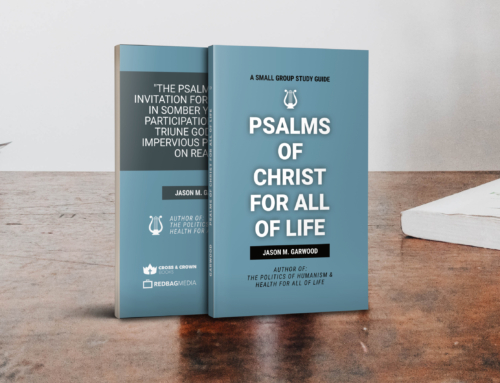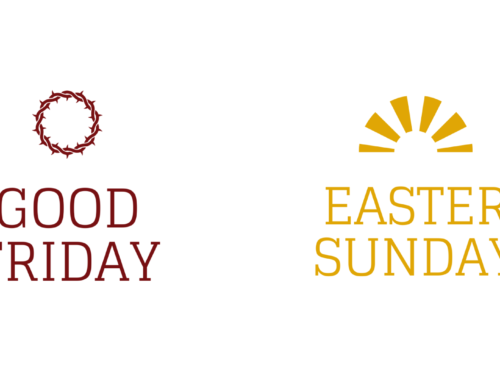Yesterday’s sermon was from Mark 4:1-34, and while a familiar passage to many, still one that should be revisited from time-to-time.
The passage at hand is a lengthy discourse given by Jesus to the crowds and to disciples (in private). Some of it is meant to be hidden (secretive), some of it is meant to be made plain to the disciples, and still all of it is subversive Kingdom talk that purposefully invokes a reaction.
The parables themselves are a part of the Kingdom initiation project that Jesus has been working on. If he were to speak openly and plainly (without parables), then Herod and his faculty would have snuffed Jesus out quicker. But Jesus chooses to speak in parables (stories) in order to subversively interject the Kingdom into the world.
It’s kind of like Ocean’s Eleven… that secretive plot-developing that happens underground.
But I mentioned something yesterday that a pastor friend of mine blatantly disagreed with me on once before. That is, Jesus is a product of his environment. (He’s a product of heaven, don’t get me wrong!) but is certainly no less than a product of the Jewish people in that time, at that place. My pastor friend didn’t believe much (though he didn’t say this specifically) in the background in Jesus’ world and that we only need to look at the story as a simple farming metaphor.
“We’ve de-Jewished Jesus,” I proclaimed yesterday, and to my friend.
Here’s why: This isn’t simply a cute farming metaphor. It certainly is a parable (not an allegory!) and is meant to invoke our thoughts—but don’t forget that there is a deeply Jewish way of thinking about seeds getting planted, something that while Jesus was teaching, the people certainly remembered from their own stories.
It starts in the Old Testament where the Jewish people are in exile and hoping to be planted back in the land. They were waiting for God to move in a great moment of awesomeness. The Kingdom of Israel was virtually synonymous with the Kingdom of God—so they thought. Jesus turns it on his head.
As The Faithful Israelite, Jesus brings the Kingdom of God, not to the land specifically, but to the world as a whole. Rather than Israel receiving a King for their own isolationists endeavors, the world receives the True King, Jesus the Messiah.
He’s planting again, but not just Israel… He’s planting the word, and sowing a people for his Kingdom.
Jesus is a farmer growing his people. Put differently, he’s building his Church.






Leave A Comment